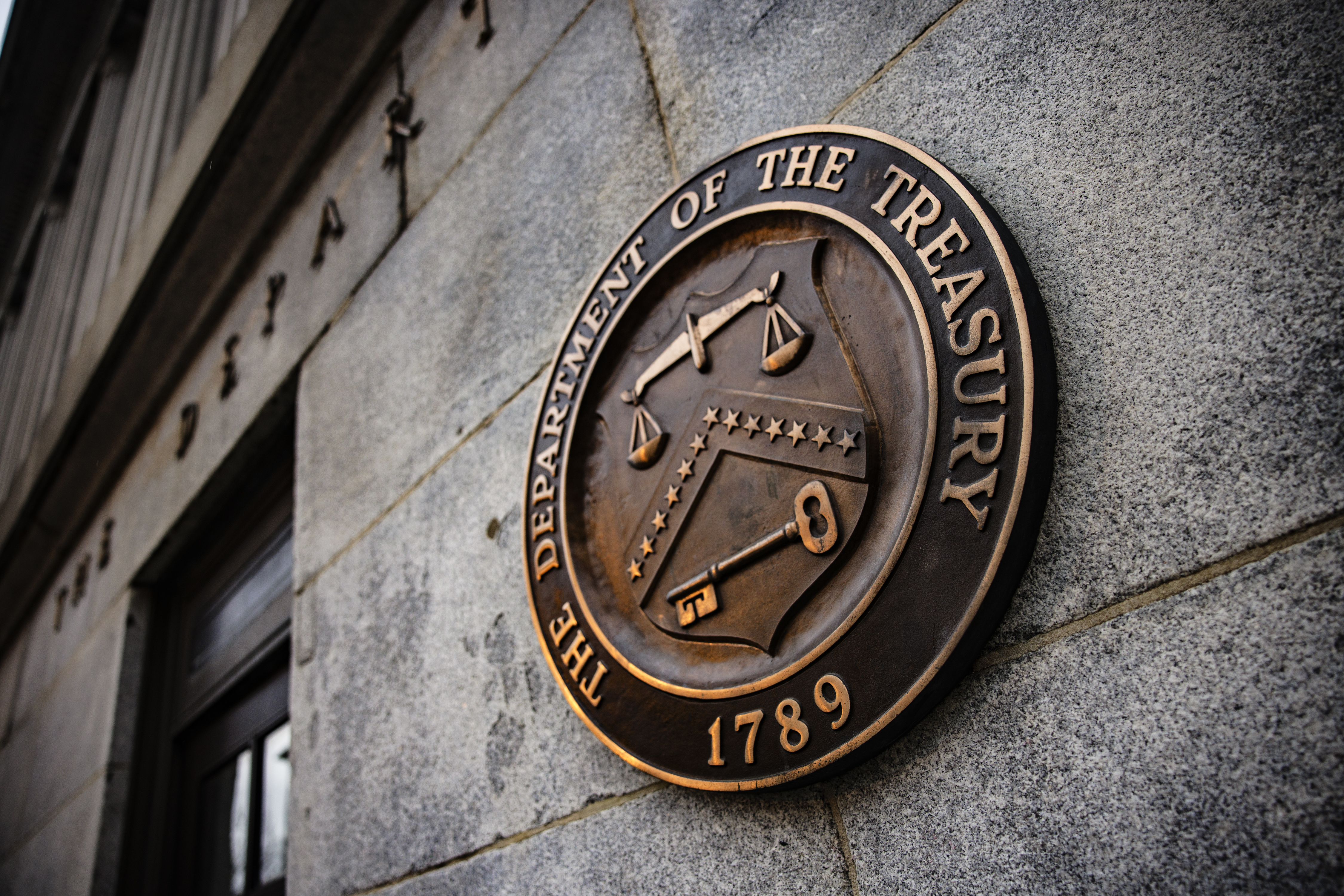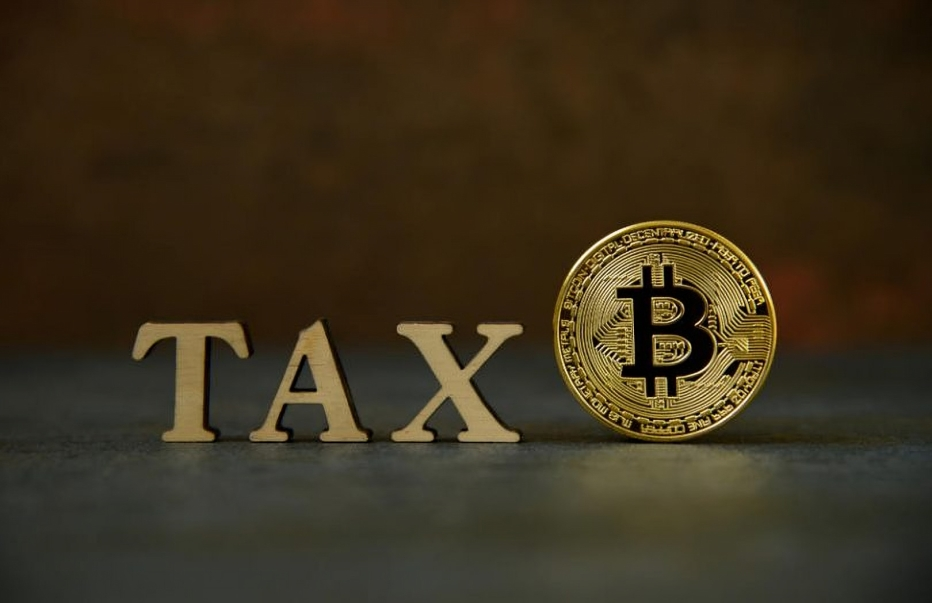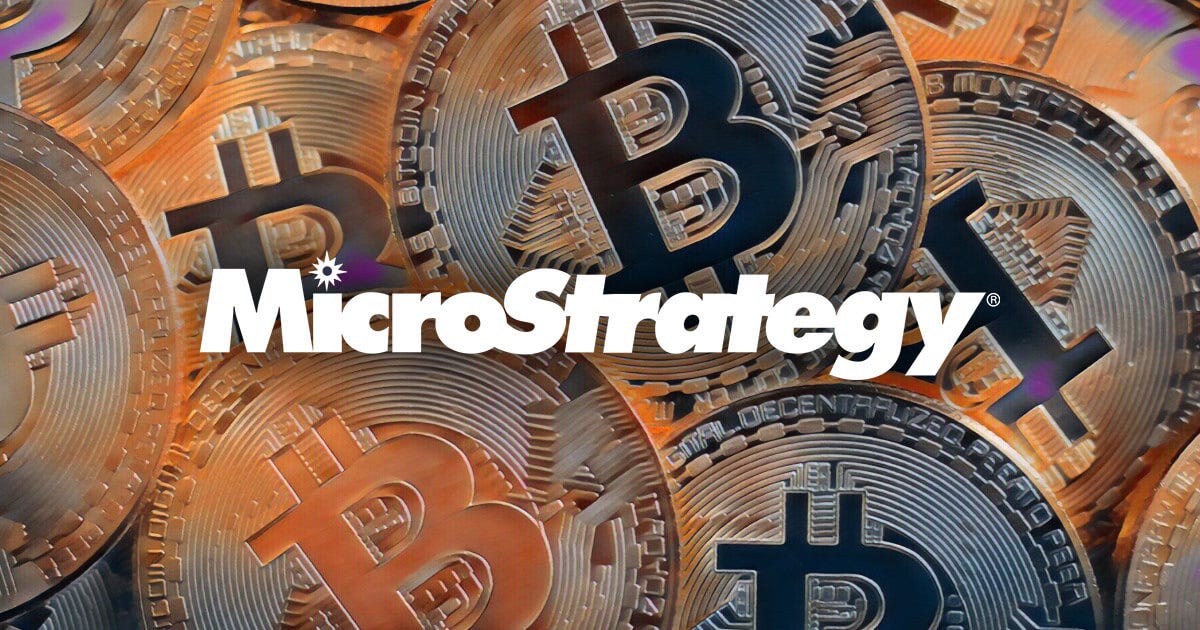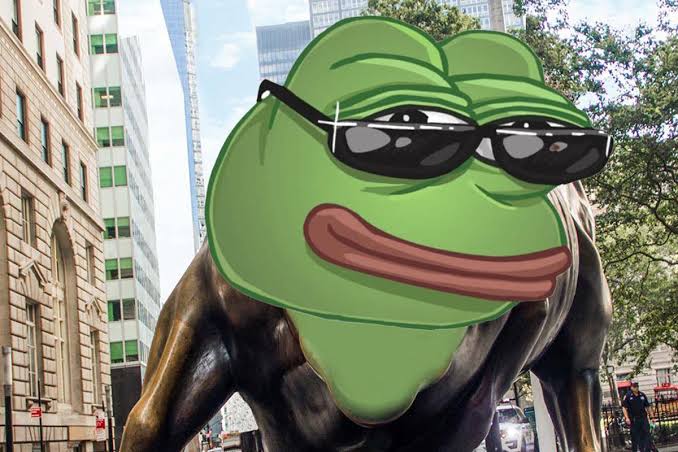Australia, which has the most crypto ATMs in the world, is asking an international group to help put crypto taxes in place
The Department of the Treasury asked the Organization for Economic Cooperation and Development (OECD), which came up with the idea of taxing digital assets, to share its thoughts by January next year.

The discussions were mainly about comparing two ways to tax crypto: putting the OECD’s Crypto Asset Reporting Framework (CARF) into their law or changing how the policy is applied.
CARF allows international tax authorities to get tax-related information from service providers. This includes information about crypto-asset purchases and individual consumer data for transactions over $50,000. Also, tax officials could give the data to other authorities to learn more about the subject.
“The CARF makes it easier to see how much money crypto assets bring in.” The government said in a report, “This helps more people follow local tax laws and discourages tax evasion.”
People are being asked their opinion on whether the government should follow the OECD’s rules or make its own to get the necessary information. If Australia’s government makes its own, it could add or remove certain information areas depending on the tax office.
CARF would use reporting crypto asset providers for several crypto companies, such as crypto exchanges, wallet providers, traders, dealers, and ATM providers.
The government of Australia knows that the crypto business is growing. This is shown by the fact that a relatively high percentage of their people own crypto—one-fifth of their population is known to hold crypto.
A Swyftx study says that crypto holders in Australia made up to $9,627 on average last year, 17% more than their profit in 2022. Over 2 million more people are expected to invest in crypto next year.
CoinATMRadar says that crypto ATMs in Australia also share about 3.3% of the world’s market share. The ATM has spread to Australia’s most significant towns, such as Sydney (441), Melbourne (311), Brisbane (201), and Perth (140).
The government recently asked for help with the digital dollar, the central bank’s digital cash.



